Over time, your once-perfect bed might feel too firm, causing discomfort. Whether due to changing preferences or a mattress not breaking in enough, there's no rush to buy a new one. This article shares tips on how to make a mattress softer and assesses if a soft mattress could improve your sleep quality.
We suggest using a softer mattress topper for an instant solution. Additionally, we provide a range of alternative techniques to enhance the softness of your mattress.
Give It Time
A new bed tends to feel firmer initially, especially Memory foam mattresses, which take longer to soften, usually around 30 to 60 days. Innerspring and latex beds might break in sooner. To expedite the process, walking across your bed can help. If it still feels too firm after 60 nights, additional steps to make your mattress softer may be necessary.
Check Your Trial Period
If your newly broken-in mattress still doesn’t offer the desired softness, check if it's within the sleep trial period, usually 30 to 365 days. This period allows free or low-cost returns/exchanges. Contact your mattress company to return it for a refund or swap it for a softer mattress model.
Buy a Mattress Topper
The most common and instant solution to soften your firm mattress is to get a mattress topper. A mattress topper, typically one to three inches thick, can easily change your mattress feel. These toppers rest on your mattress surface and underneath the cover and sheets, offering added comfort.
Flip or Rotate Your Bed
If you consistently sleep in one spot on your bed each night, the mattress might wear down, changing the bed's comfort. Consider rotating the bed 180 degrees to test whether the less-used areas feel softer and more comfortable. Another option is flipping the mattress, but remember that it might not be suitable for some mattresses since they aren't all designed for it. Refer to your mattress care guide to check the recommended rotation frequency.
Regularly turning your mattress maintains its comfort and extends its lifespan by evenly distributing the fillings, preserving its ideal firmness. You can also contact your mattress manufacturer to confirm if flipping the bed could enhance your sleep quality.
Replace Your Bed Frame
One simple solution to make your mattress softer is to replace your bed frame. The support your mattress receives can significantly impact its overall comfort level. Opting for a bed frame with a more flexible and cushioned base, such as a platform bed or an adjustable bed frame, can provide better contouring and softness to your mattress. This can help alleviate pressure points and create a more plush sleeping surface.
Remember to choose a bed frame that is compatible with your mattress size and type for optimal comfort and support.
Increase the Temperature
If you have a memory foam mattress, it may contract and feel firmer in colder temperatures. Memory foam tends to become more rigid when exposed to cold air. To counteract this, consider increasing the temperature in your bedroom. Raising the thermostat can help soften the memory foam, allowing it to expand and conform to your body for a more comfortable and plush sleeping surface. However, it is essential to find the right balance and avoid excessive heat, as it can disrupt your sleep. Adjust the temperature until you achieve the desired level of softness and comfort.

Change Your Sleeping Position
To make your mattress feel softer, consider changing your sleeping position. The way you sleep can impact how your mattress feels. For soft mattress lovers, side sleepers may find their mattress feels firmer due to increased pressure on the hips and shoulders. Try shifting to a fetal position with a pillow between your knees to alleviate pressure points and create a more comfortable sleeping surface.
On the other hand, stomach sleepers may find their mattress too soft, causing their spine to sink unnaturally. If you're a stomach sleeper, try placing a pillow under your hips to help in aligning your spine and provide extra support.

Buy a New Soft Mattress
If you've tried all options and your mattress still feels too stiff for comfort, consider purchasing a new one. Over time, mattresses can lose their initial softness and support, especially if they have surpassed their sleep trial period. When searching for a new mattress, prioritize those labeled as "soft" or "plush" to ensure a more comfortable sleeping experience.
Look for mattresses specifically designed for your preferred sleeping position, whether you're a side sleeper, back sleeper, or stomach sleeper. Additionally, take advantage of in-store or online mattress trials to test the feel and comfort level before making a decision. Investing in a new soft mattress can improve sleep quality and comfort.
There you go - how to make a mattress softer in easy steps! To ensure comfortable sleep for good health, address a mattress that is too firm by breaking it in, returning it within the trial period, or using suggested tricks to soften it. If these methods don't work, explore our soft mattress for a better night's rest.
Making a Mattress Softer FAQs
What happens when a mattress is too firm?
When a mattress is too firm, it can negatively affect your sleep and overall comfort. Excess strain places pressure on points like your shoulders, hips, and torso, causing discomfort and potential pain. Additionally, a mattress that is too firm may cause spinal misalignment, further exacerbating sleep issues and potentially leading to back problems. Addressing this issue is crucial to have a restful and supportive sleep experience.
How can you tell if your mattress is too firm?
Waking up with neck, back, or shoulder pain is a common indicator of a mattress that is too firm. Tingling or numbness sensations in the legs and arms can also indicate excessive firmness. If you find it difficult to sleep through the night or wake up with aching muscles and joints, your mattress might be too firm. Pay attention to these signs and consider adjusting to improve your sleep quality.
Does improved sleep come from a firmer or softer mattress?
Choosing a harder or softer mattress depends on personal preference and individual needs. While a firmer mattress can provide better support for those with back pain or who prefer a more solid sleeping surface, a softer mattress offers cushioning and relieves pressure points. Finding a balance that suits your body's needs and provides optimal comfort for a good night's sleep is essential.
Does a hard mattress benefit your back?
A hard mattress is not necessarily good or bad for your back. It ultimately depends on your individual preferences and any specific back issues you may have. Some people find that a harder mattress provides better support and alignment for their spine, while others may prefer a softer mattress for added cushioning and pressure relief. It's essential to experiment and find the right balance that keeps your back comfortable and well-supported during sleep.
Why does a new mattress feel firm?
A new mattress may feel firmer initially due to the materials being fresh and less broken in. Additionally, some mattresses have a firmer feel as they offer more support and longevity. Over time, the mattress will adjust and conform to your body, becoming more comfortable and less firm with regular use. It's essential to give a new mattress some time to break in and allow your body to adjust to the new sleep surface.











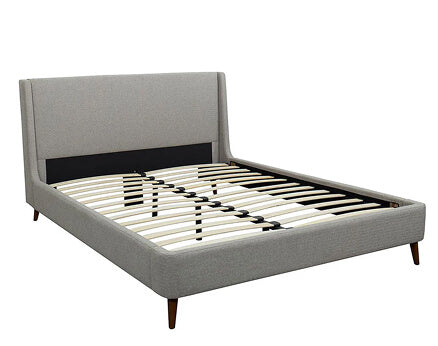
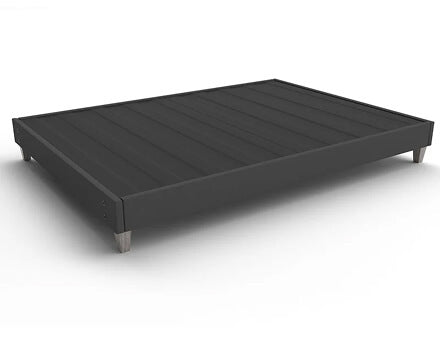


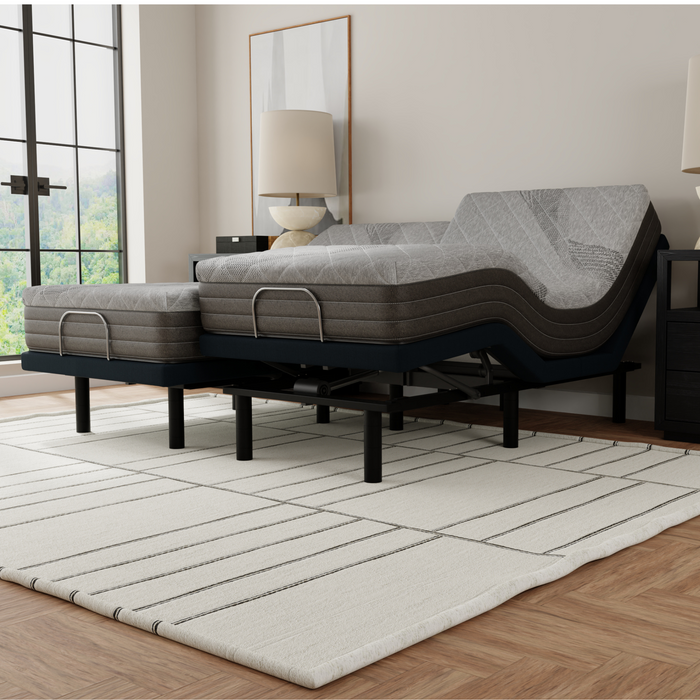
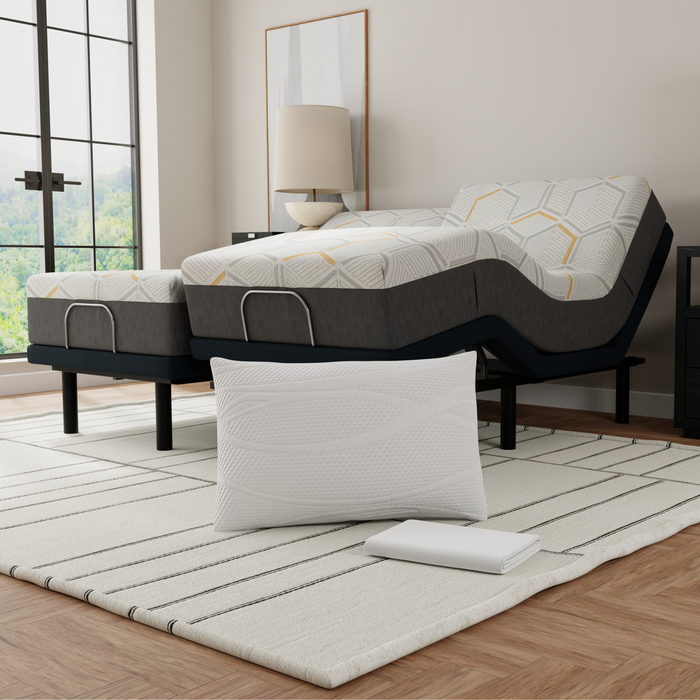
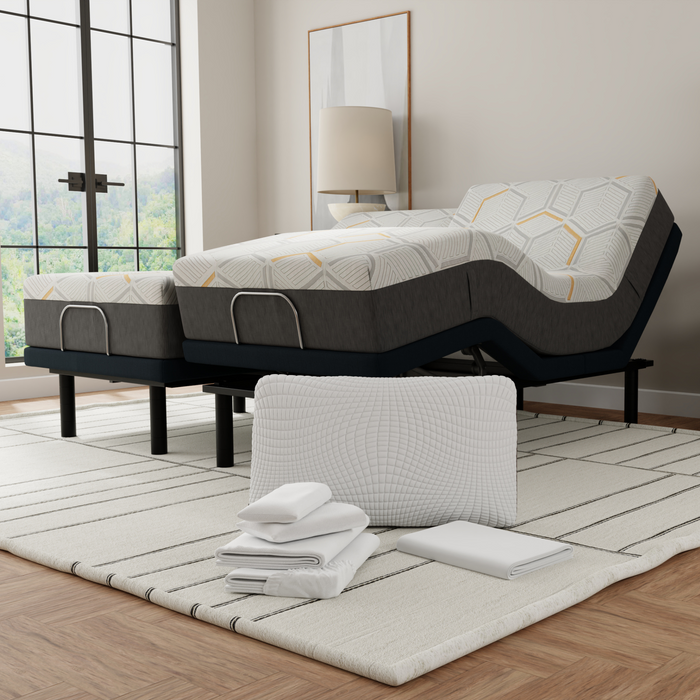


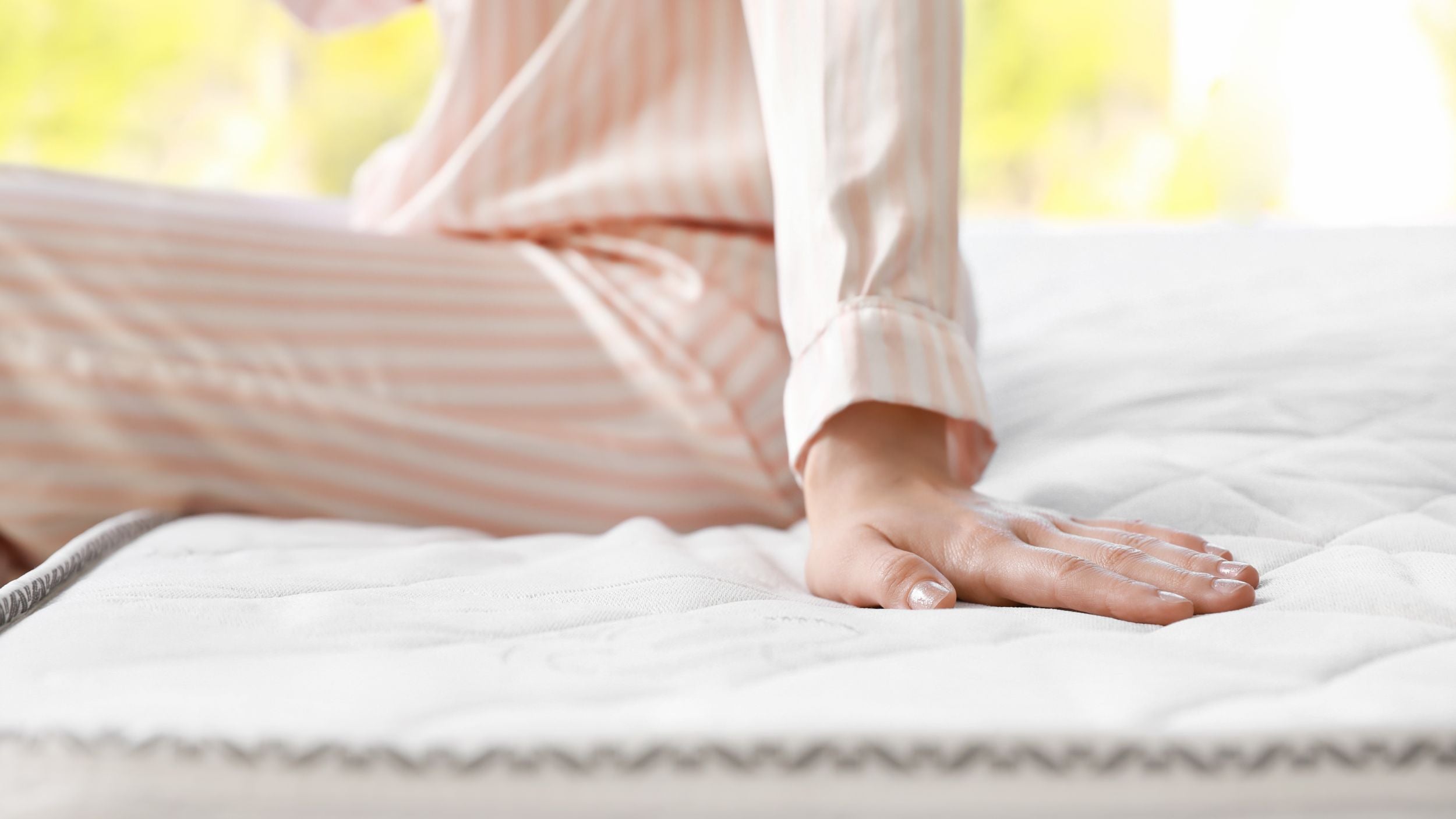
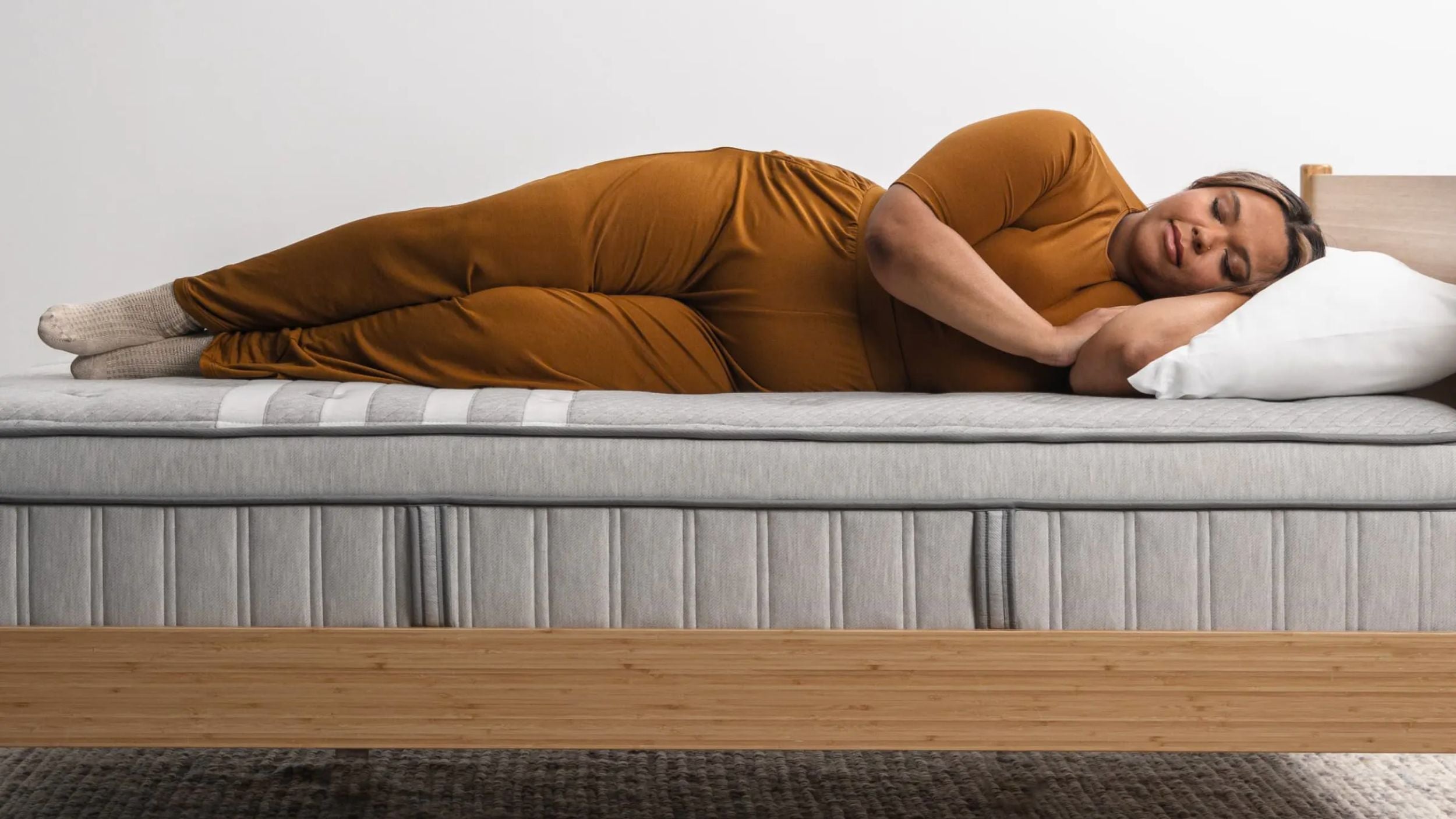
Leave a comment
This site is protected by hCaptcha and the hCaptcha Privacy Policy and Terms of Service apply.